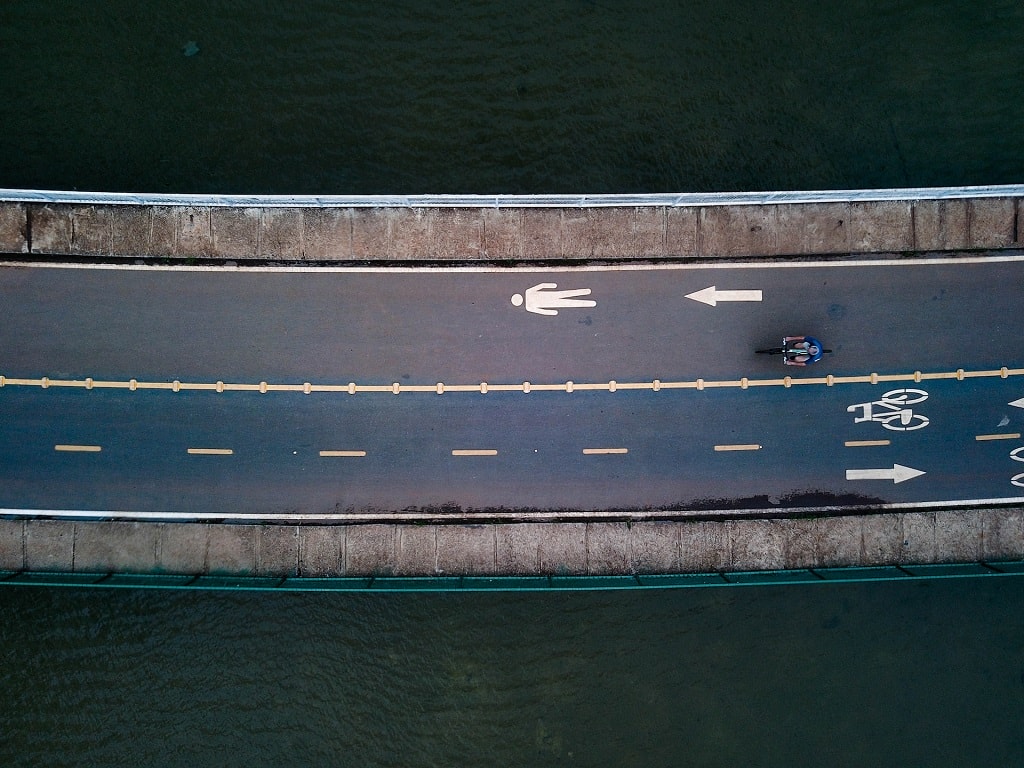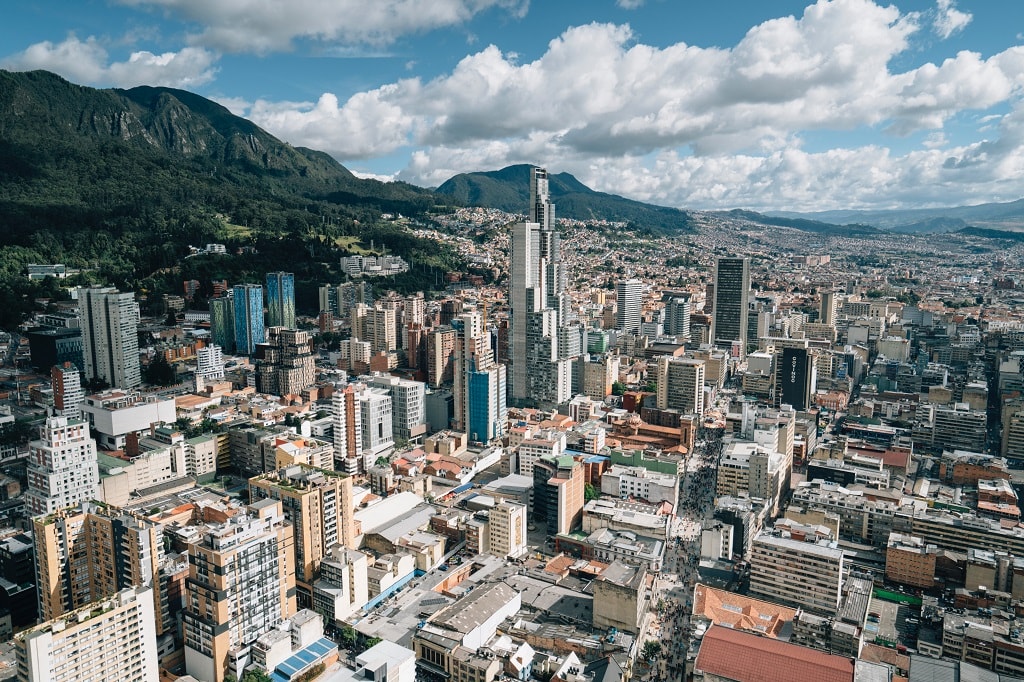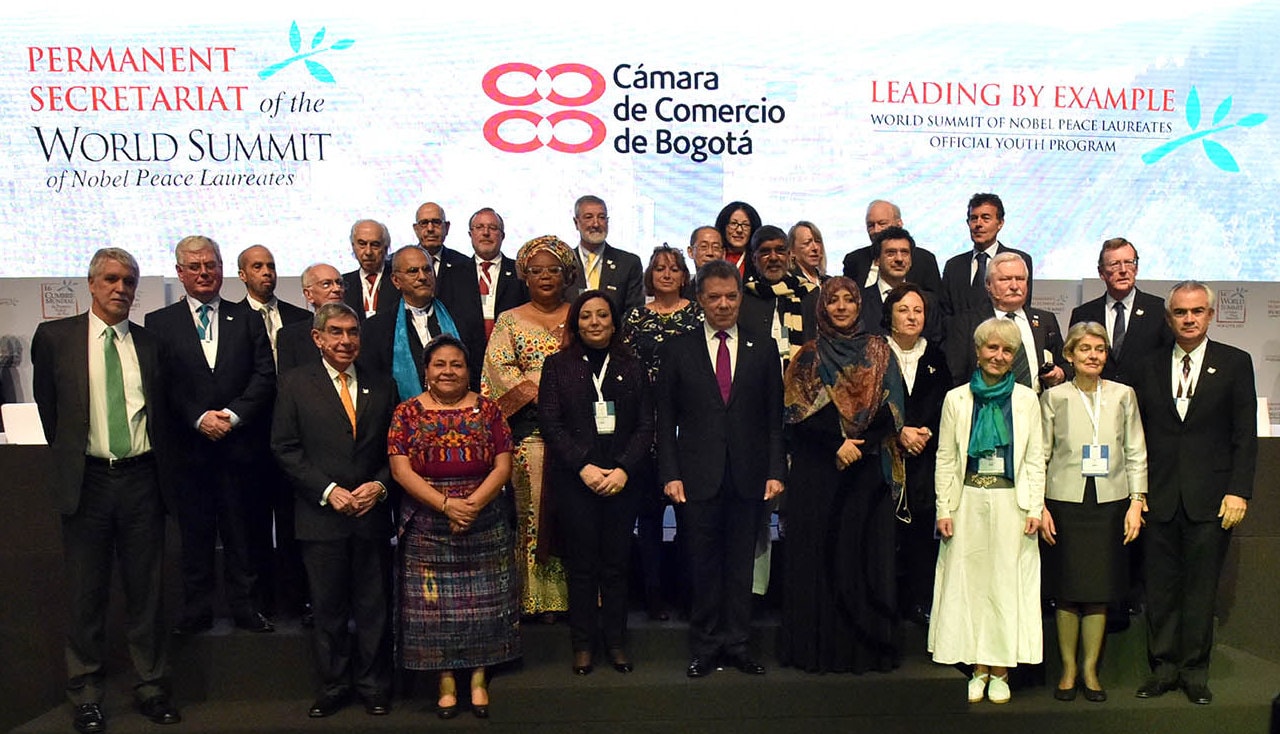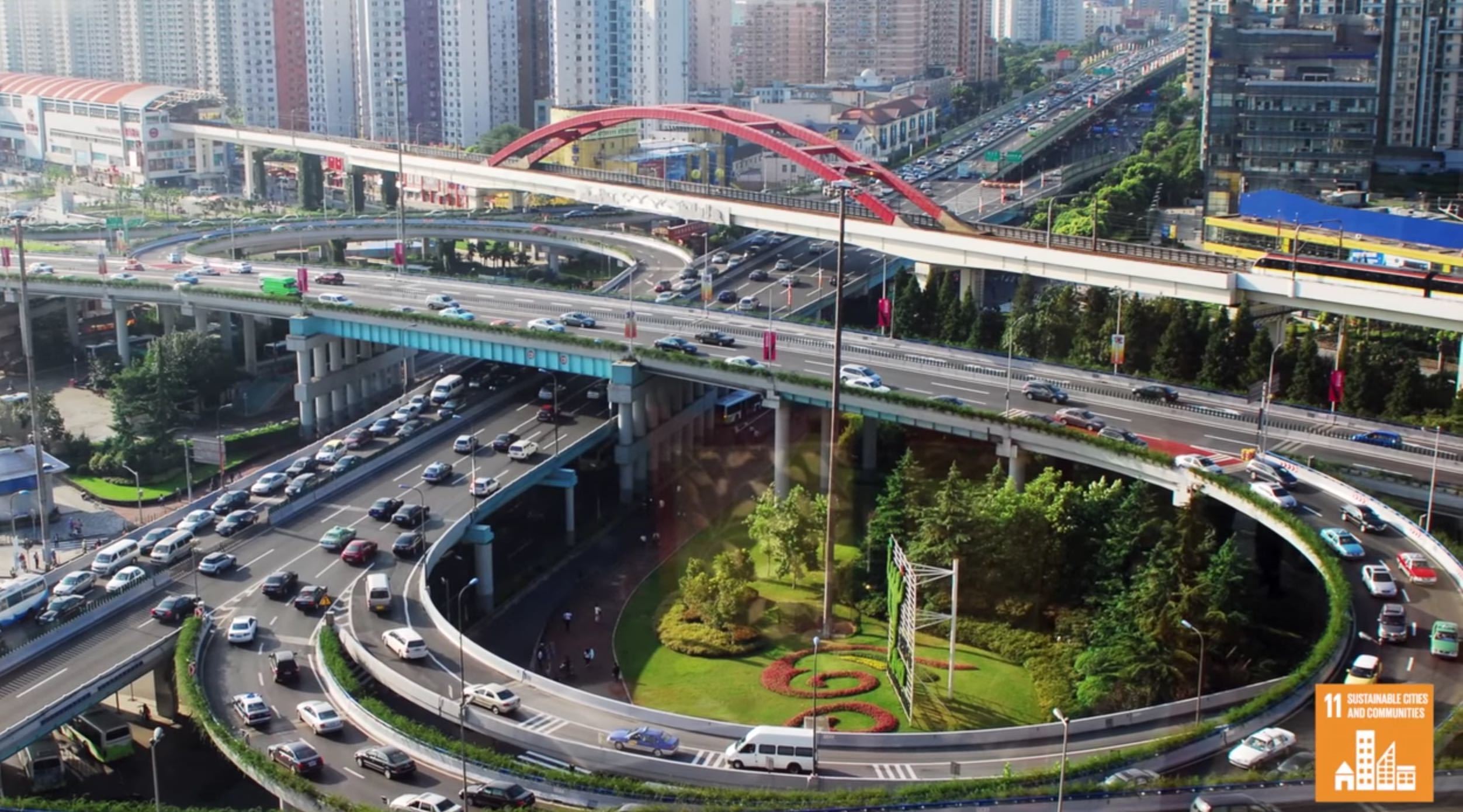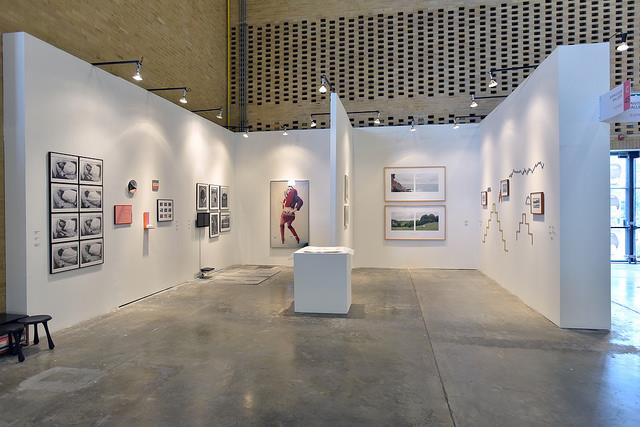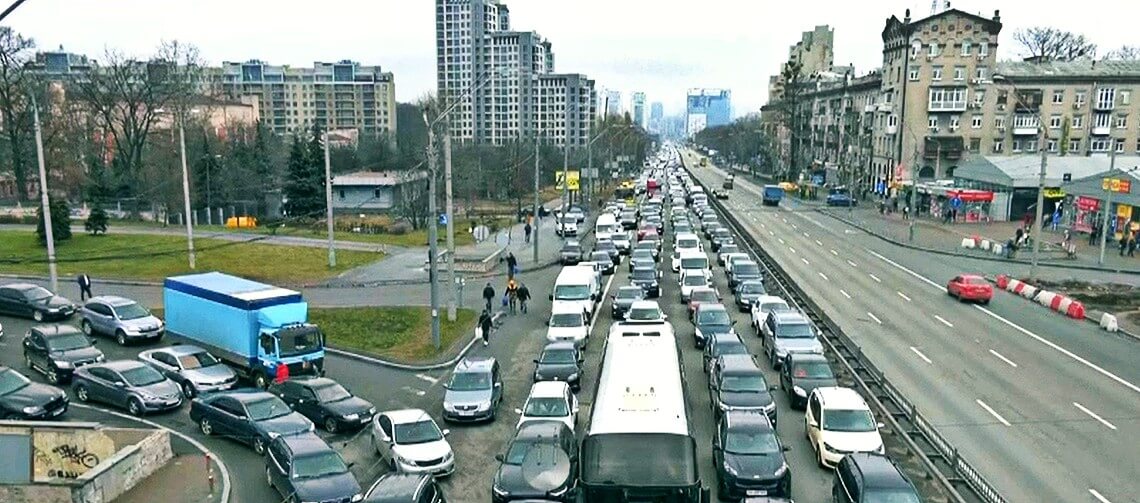This month, on February 9, during the Sustainable Transport 2022 Award ceremony, representatives from Peshawar (Pakistan), Tartu (Estonia), and Bogota (Colombia) received recognition for their cities’ progress and leadership in sustainable transportation and clean mobility.
The announcement was made during the closing of the Mobilize virtual summit of the Institute for Transportation and Development Policy (ITDP), which highlighted the Colombian capital for, “Its timely response to the need to decongest public transport and prevent the spread of COVID-19”.
The 2022 version of the award gave honorable mention to the cities of Peshawar, Pakistan for reducing travel time and costs; and Tartu, Estonia for the implementation of a bike-sharing system. In 2021 the award went to the city of Jakarta, Indonesia for its transition to a multimodal transport system that prioritized cycling.
Related articles: Nusantara: Indonesia’s New Capital City
About ITDP
The Institute for Transportation and Development Policy is a global non-profit organization that works with cities around the world to design and implement high-quality transportation systems and policy solutions that make cities more livable, equitable, and sustainable. It’s Sustainable Transport Awards program recognizes cities that have implemented innovative sustainable transport projects.
It works in eight offices on five continents and has operated in more than 100 cities in 30 countries. Its goal is to increase access to urban spaces and transportation for vulnerable populations, such as women, children, the elderly, people with disabilities, and the urban poor.
“ITDP works to place greater emphasis on urban design for people and non-motorized transport. ITDP can speak to proper bike lane design, the needs of pedestrians, and the importance of assuring safe and equitable transport for all.”
What makes Bogota a winner of the Sustainable Transport Award?
Colombia’s capital city was selected as a winner for its sustainable mobility initiatives, including the implementation of temporary bike lanes during the pandemic; the inclusion of electric buses in the public transportation system fleet; the promotion of carpooling; sustainable and safe school mobility programs, among other projects.
Changes were grounded in official policies, such as Agreement 804, which established bicycling as a priority mode of transportation in the city in future planning efforts. “Soon after the COVID-19 pandemic began, Bogota became one of the first cities in the world to create emergency bike lanes.”
The city also reorganized street spacing to allow for better social distancing and pedestrianization of streets that previously served only cars; these were built on earlier goals formalized in the city’s 2020-24 Strategic Plan, which included increasing the number of bicycle trips by 50% by 2024.
Over the course of this project, 17,000 square miles of urban space were repurposed for pedestrian use.
“We are very pleased to receive the STA 2022 as a way of recognizing the work we have done during the pandemic. All our efforts are aimed at increasing the quality of service as well as air quality. That is the vision we will foster in the coming years, towards more sustainable mobility,” Felipe Ramirez Buitrago, Secretary of Mobility of the city of Bogota, told ITDP.
To promote public and environmental health, the city of Bogotá has assembled a fleet of 1,485 electric buses for its public transport system, ranking the city among the three largest electric bus fleets outside China.
350 buses have been installed so far, and the switch will mostly benefit the cities will most benefit low-income residents, whose neighborhoods have the largest. In addition, Bogotá has initiated a new program that exempts vehicles with more than two passengers from the odd-numbered license restriction program.
The word is out!
Congratulations Bogotá, Sustainable Transport Award 2022 winner #STA2022 pic.twitter.com/wpvCYydkez— ITDP (@ITDP_HQ) December 1, 2021
The mayor of Bogota celebrated the award through her Twitter account. The publication highlighted several criticisms of some citizens who disagreed with the recognition.
Several Twitter users replied “They were rewarding something that does not exist” because Bogota is known for its mobility and pollution problems, according to Razon Publica “The fear of COVID-19 infection caused Bogotanos to avoid public transportation (including cabs, Uber, and other apps) and prefer to use the car which increased by 15% since the beginning of the pandemic.”
In the context of economic and social crises, transportation security worsened significantly. Robberies in Transmilenio, the bus rapid transit system that serves Bogotá, bicycle theft, and pedestrian muggings increased. Worst of all, murders in the city increased by more than 10%.
Although different measures have been decreed and mobility is still chaotic, the mayor’s office continues to implement measures to mitigate the impact of transportation in the capital of Colombia.
How transportation impact the climate and public health
According to the Institute of Transportation and Development Policy (ITDP):
“The transport sector is one of the largest, and the fastest-growing source of CO2, and the largest source of black carbon, which is particularly damaging to respiratory health. Tackling climate change must include a fundamental rethinking of our priorities of public space and the movement of people in cities.”
Transportation contributes to damage to the environment and human health through the emission of toxic pollutants and greenhouse gasses, the generation of waste and noise pollution, and the fragmentation of the territory.
According to the Thomson Reuters Foundation “Cigarette smoking reduces the consumer’s lifespan by 1.6 years, while environmental pollution, mainly produced by burning fossil fuels, shortens life expectancy by 1.8 years.”
 Bogota Kids First Source: Institute for Transportation and Development Policy
Bogota Kids First Source: Institute for Transportation and Development Policy
Bogota has a fast-rising population, which generates problems that affect mobility in terms of cost, energy use, air emissions, and accidents.
Strategies have been developed to mitigate the damage that the automotive sector has been doing to the life of the citizen. One of these policies is the so-called “Pico y Placa”, literally ‘Peak and Plate’ in Spanish for peak (hour) and plate (license) is a driving restriction policy aimed to mitigate traffic congestion, which was initiated during the mandate of the Mayor of Bogotà, Enrique Peñalosa, in 1998.
The system restricts traffic access to a pre-set urban area for vehicles with license plate numbers ending in certain digits on pre-set days and during certain hours.
Many cities in Colombia have been implementing it as an alternative solution to vehicular chaos, which served as a precedent for cities in other countries to adopt this measure, such as Mexico City, Quito (Ecuador), São Paulo (Brazil), and Santiago (Chile).
Although trends in recent years have been aimed at complying with these policies and strategies to reduce environmental pollution, it is also important to highlight the participation of citizens: People need to be made aware of the risks they run with increased pollution from fossil fuels so that they become aware of the damage that can be caused and forcefully participate in policies aimed at traffic reduction.
The fact that Bogota has won this award will help make these strategies visible and will allow the replication of these initiatives in large cities in the pursuit of a more sustainable transportation system. Perhaps, among the many sustainable transportation solutions pursued by Bogota, the most interesting and easiest to follow are the priority given to bicycling, reorganizing street spacing for pedestrians and electrifying the bus fleet. While every city will need to find the mix of solutions that best meets its special needs, none can afford to do nothing: Traffic policies to control pollution are urgently needed to protect public health.
EDITOR’S NOTE: THE OPINIONS EXPRESSED HERE BY IMPAKTER.COM COLUMNISTS ARE THEIR OWN, NOT THOSE OF IMPAKTER.COM
FEATURED IMAGE: Bogota Covid SOURCE: Institute for Transportation and Development Policy.



